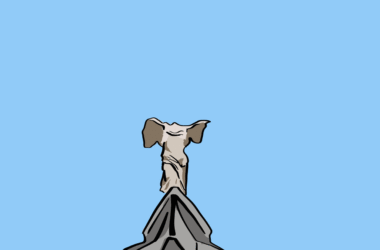Last Monday, Feb. 13 marked the end of the Arts Undergraduate Society (AUS) Winter Special Referendum. The referendum posed a question amending the AUS constitution to make the General Assembly the supreme governing body of the AUS instead of Council. The change in the governing structure of the AUS would allow the student organization to become eligible to join Coalition Large de l’Association pour une Solidarite Syndicale Etudiante (CLASSE), a Quebec-wide temporary coalition of students opposing tuition increases.
Being part of CLASSE would enable McGill to participate in demonstrations and actions taken by the group to oppose tuition increases and for McGill to be represented if CLASSE engages in talks with the government.
A special referendum can take place when it is convened by at least eight senators or by 150 signatories. This specific referendum was prompted when arts students submitted a proposal with 150 signatures to AUS president Jade Calver.
Kevin Paul, a member of the Mobilization Committee (Mob Squad) commented on the reasons behind the referendum question.
“The referendum was called because of growing student grievances with the school administration and the Quebec government,” Paul said.
By joining CLASSE, the AUS would be in a stronger bargaining position with the government, since pressure would be greater in a larger student coalition force.
“I think giving this power to the General Assembly will actually get more student involvement and allow better representation of student interest,” a U2 arts student, who asked to remain anonymous, said. “Putting controversial topics like opposing tuition hikes through General Assembly sheds a lot of light on the issue and it draws in many more considerations from different perspectives.”
However, some arts students are concerned that making the General Assembly the supreme governing body will erode a collective voice and efficacy.
“When you let more people make decisions, the decision-making process can definitely slow down because you need to deal with a lot more perspectives and inputs,” Robert Chang, U1 arts, said. “This might make the AUS a whole lot less cohesive and effective because people have different opinions for different things. You’re almost guaranteed to clash on something as important as tuition hikes.”





